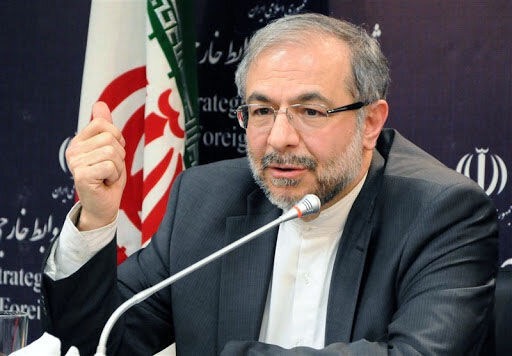RASC News Agency: Rasoul Mousavi, former Director General for South Asian Affairs at Iran’s Foreign Ministry, has asserted that the Taliban approach negotiations with a singular objective: extracting concessions while offering none in return. He emphasized that the group selectively engages in discussions that advance its own interests, systematically evading dialogue on issues that do not serve its agenda. Mousavi shared his analysis in an article published on Monday by IRAF News Agency, in which he assessed the visit of Sadiq Khan, Pakistan’s special envoy to Kabul. Contrary to Pakistani reports framing the trip as a diplomatic success, he argued that the Taliban emerged as the primary beneficiaries of the talks.
According to Mousavi, a key achievement for the Taliban was securing the reopening of the Torkham border crossing before Khan’s arrival a strategic move that neutralized Pakistan’s leverage. Previously, Islamabad had shut down the crossing to pressure Kabul over trade-related disputes. By the end of Khan’s visit, both sides had reached an agreement to decouple political issues from trade and economic cooperation, further reinforcing the Taliban’s negotiating position. Mousavi noted that the Taliban’s diplomatic playbook follows a consistent pattern: they readily engage in discussions when the outcome aligns with their objectives but disengage the moment a topic ceases to be advantageous. At the same time, they push for broader agreements that compartmentalize issues, ensuring that political disagreements do not obstruct economic gains.
He pointed to past negotiations as evidence of this strategy’s effectiveness, citing the Taliban’s approach to Iran’s water rights dispute, terrorism-related concerns, and border tensions with Pakistan. Mousavi also referenced reports from Pakistani media suggesting that the Taliban have admitted their inability to control or rein in Tehrik-i-Taliban Pakistan (TTP). Pakistani officials have repeatedly identified TTP sanctuaries within Afghanistani territory as the primary source of friction between Islamabad and the Taliban-led administration in Kabul.
Despite these allegations, the Taliban have consistently denied providing any support to the TTP. Mohammad Sadiq, Pakistan’s special envoy for Afghanistani affairs, concluded his three-day visit to Kabul (March 21–23, 2025) and returned to Islamabad via Dubai.






